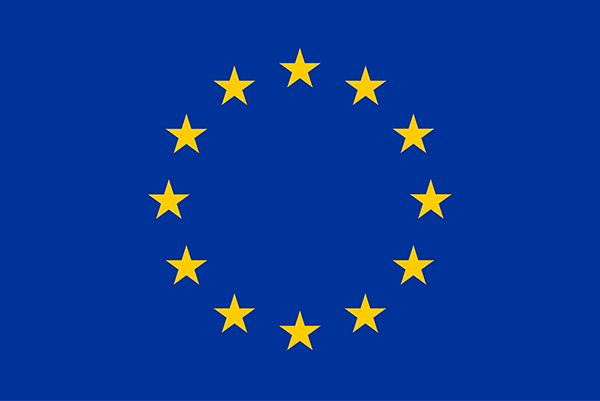Insights from the first EHESO policy workshop (21/10/2024, online)
Policy workshop ‘Shaping the European Higher Education Sector Observatory user tools together with the higher education community’ took place online on 21 October 2024. The workshop had three main objectives:
- To present the European Higher Education Sector Observatory (EHESO) user tools to the higher education stakeholder community.
- To raise awareness about the Observatory.
- To gather input to steer the future work of the Observatory.
The European Commission (Ms. Vanessa Debiais-Sainton, Head of the Higher Education Unit) introduced the workshop by reminding the policy objectives that the EU policymakers raised for EHESO in the context of the European strategy for Universities. The workshop proceeded with the presentation of the key EHESO building blocks, spanning such topics as combining the best of the current EU data tools and capacities in one single place through creating a single database on all key aspects of higher education in Europe, developing useful tools for users and putting in place a transparent and dynamic way to communicate about EHESO and engage stakeholders.
Then, the four breakout sessions took place each focusing on one of the four key EHESO user tools serving the 4 key stakeholder groups for the higher education sector:
- European Higher Education Sector Scoreboard, for policymakers.
- Benchmarking tool for higher education institutions.
- European Student Observatory (including benchmarking tool for students).
- Microdata access, mainly for analysts, academics and researchers.
The European Higher Education Sector Scoreboard will be the first tool developed and provided by EHESO (in January 2025). It is an interactive data visualisation platform to monitor the implementation of the key EU higher education policy objectives at the level of countries. The discussion emphasised the need for fair visual representation of data, flexibility to adapt to evolving policy objectives, and eventual inclusion of breakdowns by criteria such as gender or field of study. Stakeholders emphasised the importance of clarity in naming Scoreboard items and alignment with common sector terminology while avoiding terms like ‘ranking.’ Suggestions included revealing existing policy targets and providing dedicated country pages to enhance usability.
The Benchmarking Tool for Higher Education Institutions will be an interactive tool allowing higher education institutions to compare and benchmark themselves against a sample of EU and OECD universities. Participants of the breakout session highlighted the importance of refining filters and indicators, such as adding STEM graduate proportions and contextualising scores at national levels. There was a call to eventually broaden the scope to include higher education institutions (HEIs) beyond Europe and to design both expert-friendly and general-user interfaces with transparent definitions and sources. Stakeholders suggested integrating mechanisms for HEIs to connect with one another based on the tool’s benchmarking results.
The European Student Observatory will be a tool to inform students about the comparative diversity of university profiles and study programmes. Stakeholders debated the feasibility of an integrated versus a focused tool, ultimately favoring a sequential approach starting with university- and subject-level data while linking to external platforms for complex national-level information. Expanding data coverage to more subjects and integrating with platforms like Study in Europe were suggested to ensure complementarity. The need for careful planning of data updates and leveraging existing resources efficiently was underscored.
The Microdata Access page will contain all EHESO data at different levels of aggregation (country, indicator, institution) with a core focus of providing higher education sector stakeholders and researchers a convenient way to access all data and information for further analysis. Stakeholders participating in the breakout session underscored the importance of programmatic data access via APIs, accompanied by training and guidance materials. There was a strong desire for more detailed data, such as Erasmus mobility specifics, and for contextual information like sample sizes and data coverage.
EHESO online policy workshops with higher education sector stakeholders will be regular events, with the next one tentatively foreseen to take place in June or September 2025. Stay tuned!
